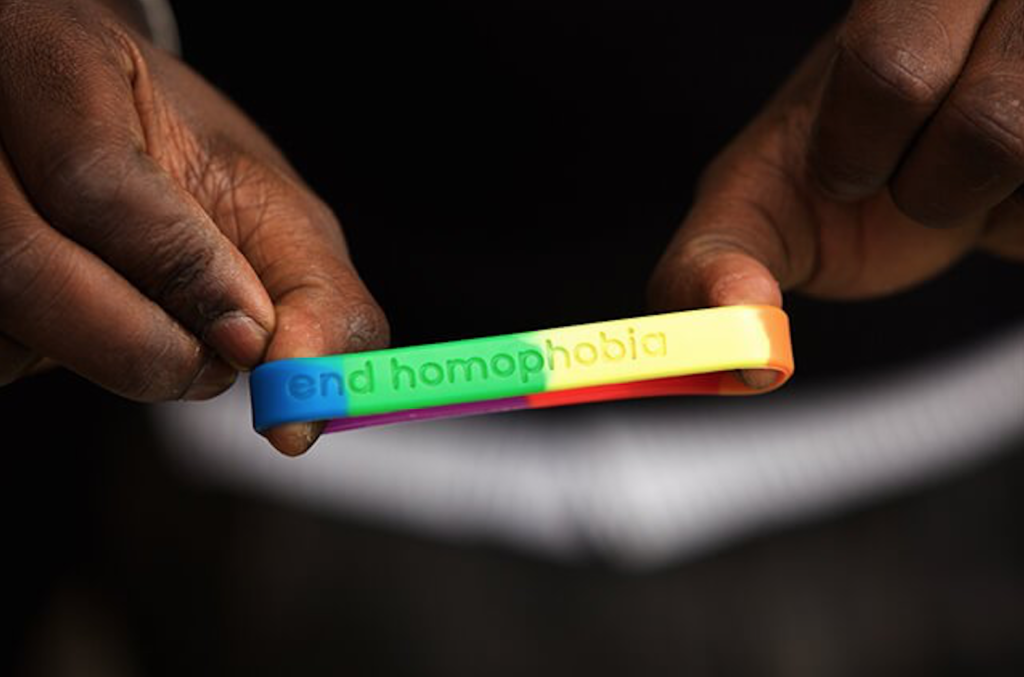
Kenya Should Promote the Right to Health for Sexual Minorities
Sexual minorities, including men who have sex with men (MSM) and transgender people, face high rates of HIV prevalence. However, many lack basic human rights protections and access to HIV services that would help reduce HIV infections and meet the 2006 commitment of member states to “ensure the full enjoyment of all human rights and fundamental freedoms by people living with HIV and members of vulnerable groups.”
MSM have not for long been recognized as an integral part of Kenya’s society. The society disapproval and criminalization of same sex relations in Kenya foster disclosure and minimal public health interest in MSM. As a result there has been paucity of information on health related risks that MSM are exposed to by their lifestyles, the prevention and health care strategies. Continued stigmatization and discrimination at heath care facilities, lack of confidentiality and capacity to accept the sexual minorities by health care workers deny them their right to the highest attainable standard of health as a fundamental human right.
There is a need to deal with the situation by putting policies in place that cater for the LGBQ. While some countries allow free practice of homosexuality others have put in place laws that criminalize it. Kenya is among those countries that criminalize same sex under section 162 of the Penal Code.
We have to understand that, when one’s sexual orientation is different, it does not make them lesser human being. LGBQ people therefore have rights entitled to them regardless of their sexual orientation or gender identity. LGBQ have a right to treatment despite the laws that have been put in place and therefore there is a need for the health care providers to provide health care service without discrimination and stigmatization.
According to the UN, the legal prohibition of same sex relations in many countries, in conjunction with a widespread lack of support or protection for sexual minorities against violence and discrimination, impedes their enjoyment of sexual and reproductive health and rights.
As a way forward, particular attention should be paid to LGBQ youth and the culture shift necessary in society as a whole to ensure that their health needs are protected. Additionally, there is need to create safe space for LGBQ devoid of isolation both within our community and the health care setting. Moreover education and creation of awareness on human rights and right to health are a considerable strategy.
For the right to health of sexual minorities to be respected in the health care system, there is need for change of attitudes and perceptions among the health care workers towards the sexual minorities and vice versa. There is also need for strengthening of the health facilities to ensure that they effectively address the health need of the sexual minorities.
The government should ensure that health care services including HIV and STI services are available and accessible to the sexual minority groups void of stigma and discrimination by the health care workers. To improve utilization of health care services by sexual minorities in Kenya, health care providers will also need capacity strengthening on issues of sexual minorities in relation to health and HIV services. This will be instrumental in understanding sexual minorities concerns about stigmatization of their sexual behaviors, orientations and identities in health facilities.
